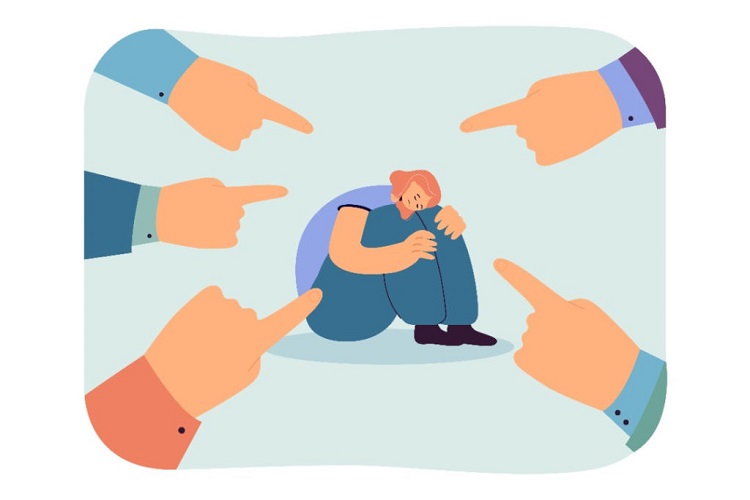Mental Health Stigma Eradicating Illness

Mental health stigma is a major issue in our society today. Mental health stigma is the negative attitudes, beliefs, and behaviors associated with mental illness and the people who have it. It can lead to people not getting the help they need, and can even lead to discrimination and abuse. This paper will explore the impact of mental health stigma, how it affects individuals and society, and what can be done to reduce it.
What is Mental Health Stigma?
Mental health stigma is a negative attitude, belief, or behavior directed towards those with mental illness. It can be seen in the way people talk about mental illness, or in the way people interact with those with mental illness. Stigma can lead to discrimination, marginalization, and even abuse of those with mental illness. It can also make it difficult for those with mental illness to get the help they need, as they may be afraid to seek help due to the stigma attached to their illness.
Impact on Individuals
The impact of mental health stigma on individuals can be devastating. It can lead to feelings of shame, guilt, and worthlessness. Those who suffer from mental health stigma may also experience social isolation and rejection, as well as discrimination in the workplace. This can make it even harder for individuals to get the help they need, as they may be afraid to seek it due to the stigma attached to their illness.
Impact on Society
Mental health stigma can also have a negative impact on society as a whole. It can lead to an increased burden on social services, as those with mental illness may be less likely to get the help they need due to the stigma associated with it. It can also lead to an increase in violent behavior and crime, as those with mental illness may be more likely to become involved in criminal activity due to their untreated mental illness.
Strategies to Reduce Stigma
There are a number of strategies that can be used to reduce mental health stigma. Education is one of the most important strategies, as it can help to increase understanding and empathy towards those with mental illness. Additionally, providing support and resources to those with mental illness can help to reduce stigma, as it shows that they are valued and supported. Finally, creating campaigns and initiatives that promote acceptance and understanding of mental illness can help to reduce stigma and create more positive attitudes towards those with mental illness.
Conclusion
Mental health stigma is a major issue in our society today and can have a devastating impact on individuals and society as a whole. Education, support, and campaigns are all important strategies to reduce mental health stigma, as they can help to increase understanding and acceptance of those with mental illness. It is important to continue to work towards reducing mental health stigma, so that those with mental illness can get the help they need without fear of discrimination, marginalization, and abuse.






